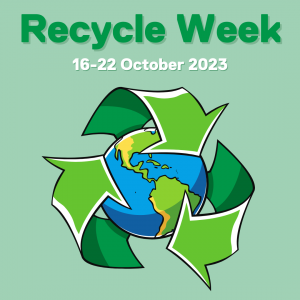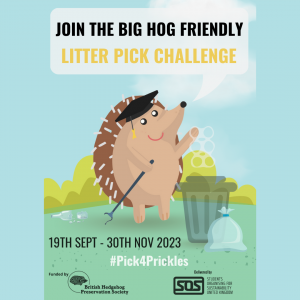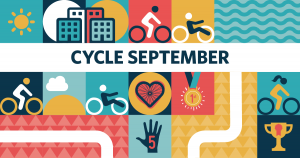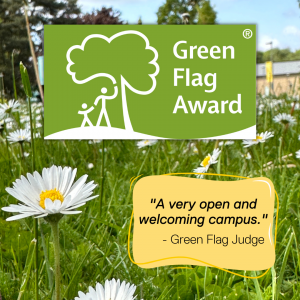
Recycle Week 2023
Recycle Week is taking place between the 16th to the 22nd of October 2023. This year’s theme focuses on ‘missed capture’ items, which are products and items that can be recycled but are frequently missed or disposed of incorrectly. The national campaign is also celebrating its 20th anniversary and will be hosting a Recycling Summit […]








